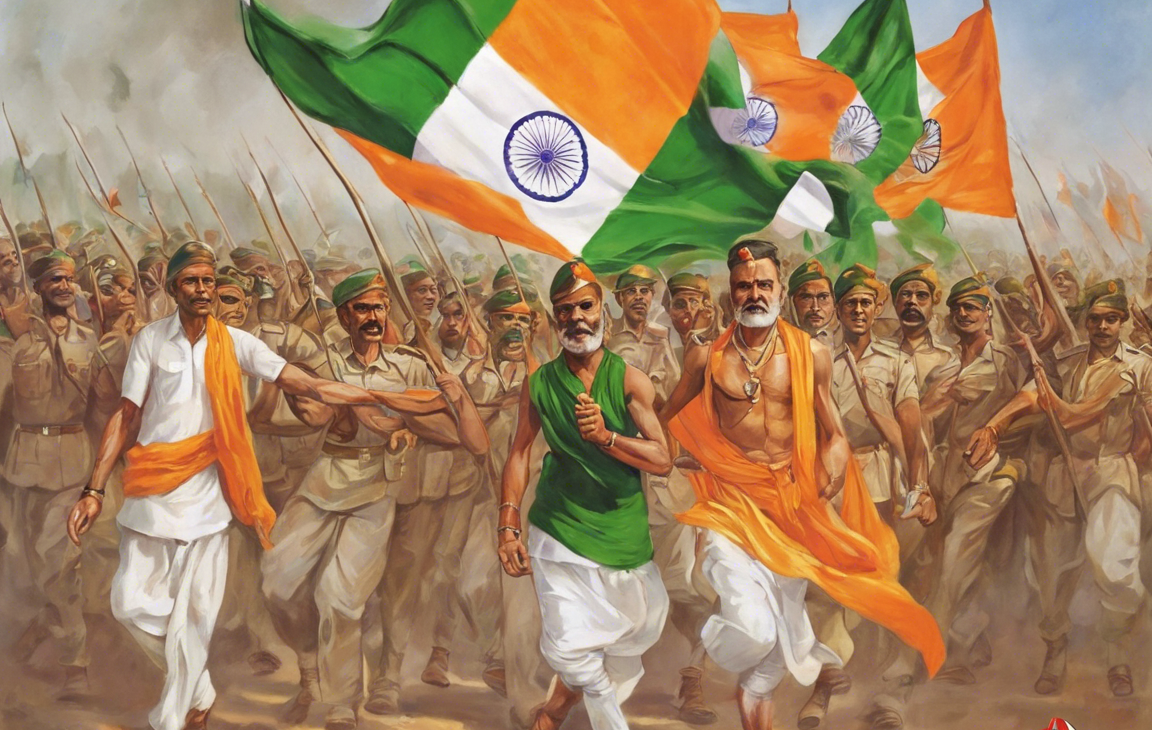In the present scenario, Rashtriya Dal holds significant importance in the political landscape of India. This article aims to provide comprehensive information about the role, significance, and impact of national parties in India.
Understanding Rashtriya Dal in India
National parties in India are classified as such based on certain criteria laid down by the Election Commission of India. These parties have a presence in multiple states across the country and play a crucial role in shaping national policies and governance. The Indian National Congress (INC) and the Bharatiya Janata Party (BJP) are the two primary national parties in India, along with several others recognized as such.
Significance of National Parties
-
Pan-India Presence: National parties have a presence across various states, enabling them to influence politics at both the national and state levels.
-
Policy Formulation: These parties play a pivotal role in formulating national policies on issues ranging from economic development to foreign relations.
-
Coalition Building: National parties often lead alliances with regional parties to form governments, showcasing their ability to navigate complex political landscapes.
Role of Rashtriya Dal in Governance
National parties form the backbone of governance in India, with the ruling party typically being a national party or a coalition led by one. They hold substantial power in decision-making processes and are responsible for implementing major policies and programs across the country.
Impact of Rashtriya Dal on Indian Society
-
Cultural Influence: National parties often reflect the cultural ethos and values of the diverse Indian society, shaping public discourse and perceptions.
-
Social Welfare: Through their policies and programs, national parties impact the lives of millions of citizens, especially in areas such as education, healthcare, and social welfare.
-
Economic Development: National parties’ economic agendas can have far-reaching effects on the country’s growth, infrastructure development, and job creation.
Challenges Faced by National Parties
-
Regional Competition: National parties often face stiff competition from regional parties that focus on state-specific issues and cater to local sentiments.
-
Internal Factionalism: Infighting and power struggles within national parties can weaken their overall influence and effectiveness.
-
Electoral Performance: Fluctuations in electoral performance can affect the credibility and longevity of national parties in the political arena.
Frequently Asked Questions (FAQs)
-
What are the criteria for a party to be recognized as a national party in India?
-
A party must secure at least 6% of valid votes in four or more states in a Lok Sabha or Assembly election.
-
How do national parties differ from regional parties?
-
National parties have a presence across multiple states, while regional parties primarily focus on specific states or regions.
-
Which national party has been in power for the longest duration in India?
-
The Indian National Congress has been in power for most of India’s post-independence history.
-
How do national parties influence foreign policy decisions in India?
-
National parties’ stances on international relations and diplomacy can shape India’s foreign policy objectives and strategies.
-
What is the significance of national parties in coalition governments?
-
National parties often lead coalition governments, bringing together diverse political ideologies and interests to govern effectively.
In conclusion, Rashtriya Dal plays a vital role in shaping the political, social, and economic landscape of India. Understanding the significance and impact of national parties is crucial for realizing the dynamics of governance and democracy in the country.







